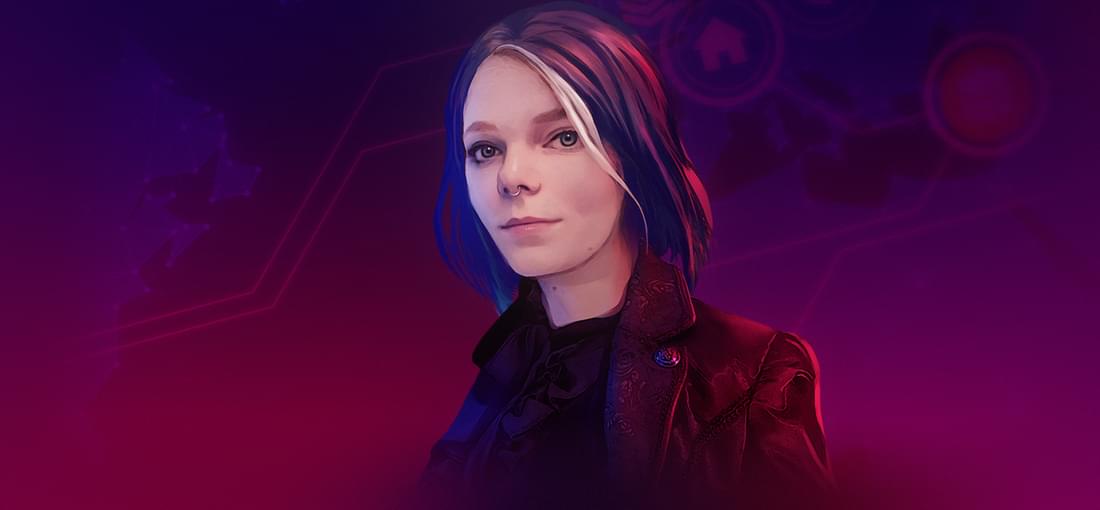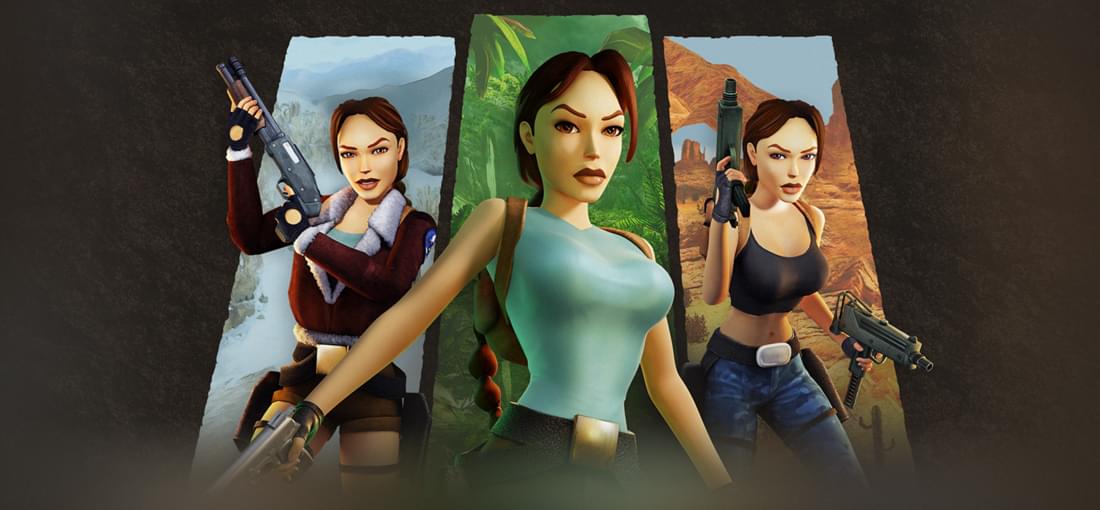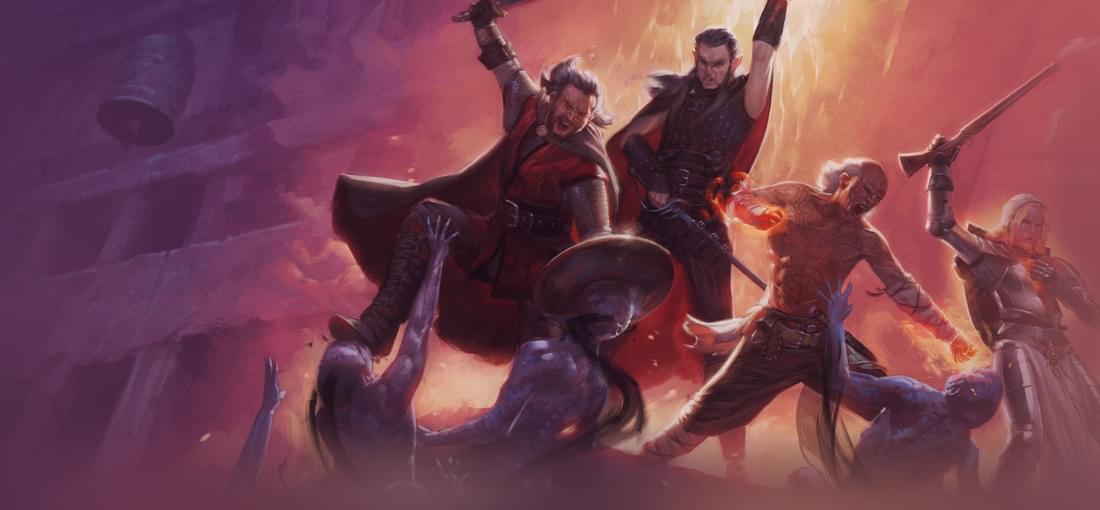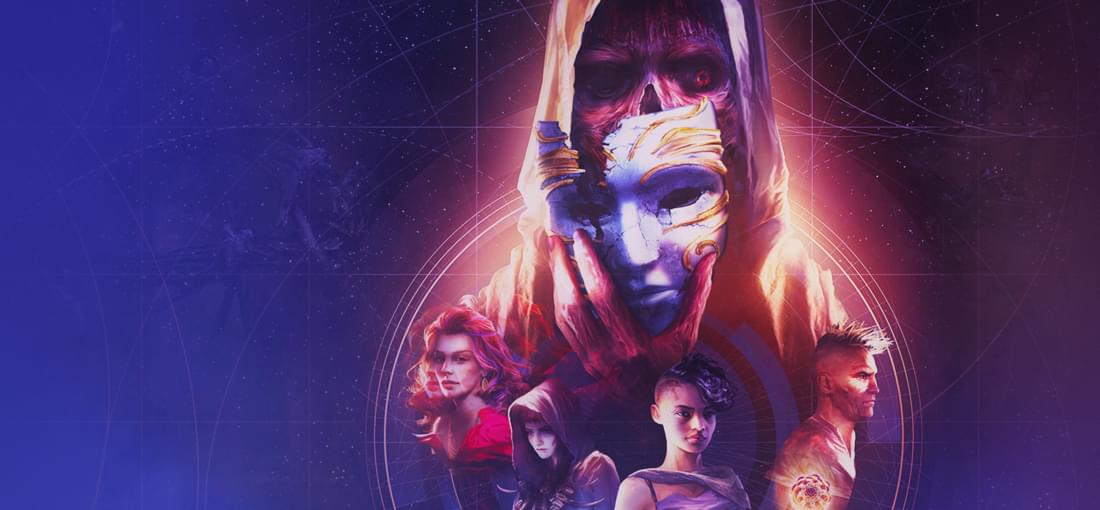


Sigma Theory is a game that I would like to like. It has some great ideas, but the execution is just too poor at times. As some others have pointed out, at it's core, ST:GCW is a board game on PC. You control four pieces and do various things with them around the board. But whereas random element might work in a board game setting, here it seems to just be always against the player. Even with tutorial enabled, the game also does not really explain the core mechanics well (thankfully there are some guides for this). Special mention for a quite buggy UX. Some hover-on menus take multiple tries to work correctly, the game crashed twice in a few hours, and I had to Alt+F4 from the game over screen as it just did not advance back to the main menu. As I got the game for free, I will not complain too much, but overall I can't really recommend this title.

Remastering old games is a bit of a hit and miss. This one is a hit, and I can't think of a better love letter to the original games. It reminds me of the Command & Conquer remaster from a few years back: the original engine is there, only visually upgraded. And if you want, you can go back to the classic look. And it contains pretty much everything you could hope, i.e. the original games and the expansion packs. For someone who grew up with the Tomb Raider games, this strikes a nostalgic nerve in a good way. And having never managed to get the TR:UB extra levels working with 3D acceleration, this has some extra content even for a hardcore fan like me. Sure, there are some glitches that the remaster does not fix (like the camera at times), and we could use some quality of life improvements (like autosaving at the start of each level in TR1). Overall highly recommended.

Playing this game in 2021 means that the revival of old-school, isometric cRPG's has been going on for quite a few years. One of the games that started this trend is definitely Pillars of Eternity. However, as much as I tried, I just can't like this game as much as I would like to. The words average, adequate, mediocre, unengaging come to my mind when describing the experience I've had after a bit over 30 hours of playing. It just seems that there is lack of anything risky or truly original in this game. It has plenty of features and it does most of them well, but it seems to lack some kind of true identity. Think of Planescape: Torment (focus on story) or, a more modern one, Tyranny (choice). In my opinion, Pillars of Eternity lacks that core focus and theme of the game. The main story has been okay, the world is pretty typical medieval fantasy setting, the companions are good but not memorable (maybe apart from Grieving Mother), and unfortunately the leveling system is simply boring. Most of the side quests have been pretty fun, but they seem to follow roughly the same pattern: you get the quest, there is a plot twist, and you have the opportunity to either betray the original quest giver or finish the quest per the original request. Maybe the mechanics of the game are just too "visible", but so far the game has offered very little in terms of surprises. I'll probably not finish the game as there are other, better titles to focus on.

(minor spoilers ahead, if you consider the amount of quests etc. as spoilers) Overall, I liked Torment: Tides of Numenera, but it is far from perfect. It feels like some of the elements are there just because they "have to" be there. Much like in the original PS:T, there are some features you will never use, some that are horribly underutilized (for example the Labyrinth and its sidequests), and some that seem out of place (I still have no idea what use the Meres actually are, apart from a choose-your-own-adventure type of minigame). Unlike some, I found the battle system to be adequate, and it did not spoil my enjoyment of the game and its story - then again, I had only a half a dozen Crises in my playthrough. Some have complained about the length of the game, and I have to add this to my list of negatives as well: having completed all the (side) quests I could find and reading all the text that popped up on my screen (I am a relatively fast reader), I took me around 25 hours to complete the game. Maybe the problem is with pacing: with just two major hub areas and a few smaller maps to explore the third act of the game arrives way too fast. There is also both the sense of catering to every type of player (much like in Wasteland 2, you can solve everything in a plethora of ways) and at the same time requiring you to just pump every point to intelligence in order to easily "win" every conversation. You really cannot fail in this game which is both a good and a bad thing. After finishing T:TON I was left with mixed feelings. The game *is* good, but it just does not quite connect and gel together the way it should: some elements of it should probably have been removed, and some elements of it expanded exponentially. It falls somewhere between okay and good, never reaching its full potential apart from the sold first third of the game in Sagus Cliffs. Worth buying? Yes, but not at the full price.